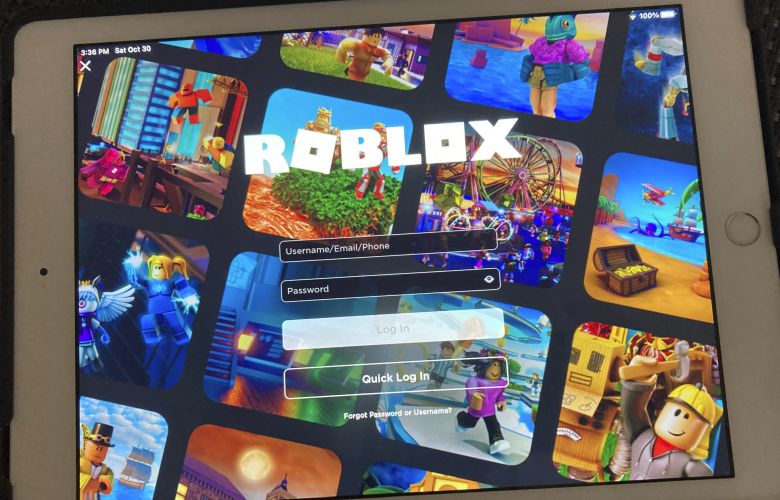According to research
Incision are research findings that show that children easily encounter inappropriate content when they interact without adult supervision on the toy platform Roblox.
Parents also express serious concerns that children are experiencing addiction, see traumatic content and are approached by foreigners on the extremely popular website and implementation, according to a report by The Guardian.
In a Guardian survey, Revealing Reality Digital Behavior Experts have found that Roblox allows children And adults to communicate in ways that most parents did not expect.
Roblox acknowledges that children using the platform can be exposed to harmful content and says they work hard to correct this, but that cooperation across industry and government intervention is required, the report said.
The Roblox platform has millions of games and interactive environments, known collectively as “experiences”. Part of the content is developed by Roblox, but much of it is created by users. In 2024, the platform had more than 85 million active users daily, of which 40% are estimated to be under 13 years.
The research of the Independent Revealing Reality team included the creation of fake user accounts 5, 9, 10, 13 and 40 years old. The avatars of these users were limited to interacting with each other to record the dynamics of the platform without external influence.
“There are spaces accessible to children under 13, full of adult issues. The platform hosts “experiences”, where it is amazingly easy to stumble and are full of content that most would call inappropriate children, “the team said.
The age verification measures are easy to overpower, notes and explains that anyone, adults or children can lie about their age, was reported to the EIA.
Despite the new tools released last week with the aim of giving parents more control over their children’s accounts, the researchers concluded: “The security checks are limited to their effectiveness and there are still significant risks to children on the platform.”
Roblox changed its arrangements last November, so that accounts referred to as people under the age of 13 can no longer send direct messages to others other than games or experiences and only access to public broadcast messages.






